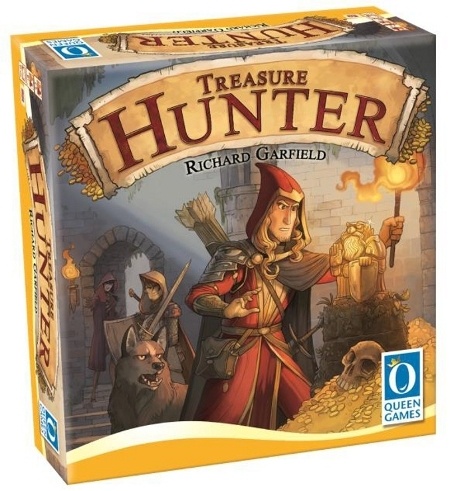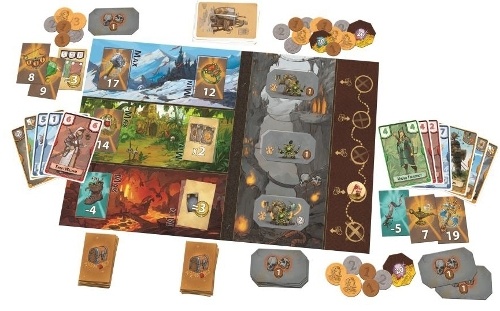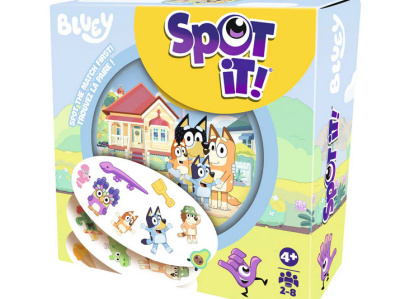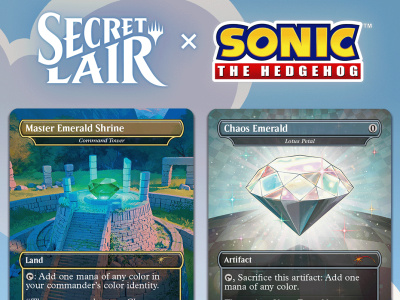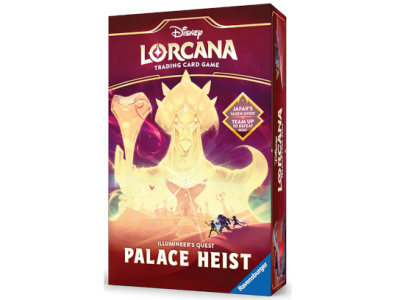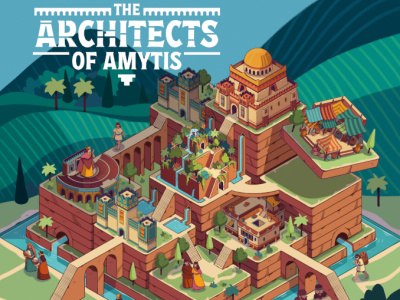Treasure Hunter
Publisher: Queen Games (Distributed in the U.S. by Asmodee)
Release Date (US): November 2015
MSRP: $49.99
Players: 2 to 6
Ages: 8 and up
Playing Time: 40 minutes
Product #: 10171
ICv2 Rating: 3.5 Stars out of 5
When the designer of Magic: The Gathering develops a new game, it makes sense to take notice. After all, Richard Garfield has proven that he has big ideas. Treasure Hunter, from Queen Games, is his latest effort, this time delving into the world of card drafting games. The result is a solid and enjoyable game, but alas, it does not appear that there are any big ideas this time around.
Summary: The players, naturally, hope to strike it rich by recruiting adventurers and sending them out into three separate locations, hopefully to lay claim to the valuable treasures located there. The treasures are undefended, fortunately, so all one has to do is overcome the other players’ adventurers, either through strength (having the highest total) or speed (having the lowest total). Then, the adventurers must rely on packs of guard dogs to protect them from the pilfering fingers of the goblins, before the players can finally get their hands on all that glittering treasure. Repeat for five rounds, and the player with the biggest loot pile wins.
The strategy of the game comes in two parts: first, a fairly typical card drafting phase where players assemble a hand of nine cards using the "keep one pass the rest" method. The cards represent the adventurers needed to capture treasures, the dogs needed to protect them, or a variety of action cards to manipulate the results. Once the hands are assembled, a sort of hand management phase begins, where the players must use their assembled adventurers in each of the three locations. Each location holds two treasures, one for the player with the strongest band of adventurers, the other for the player with the weakest. Success depends not only on effectively drafting the cards, but also on properly using the action cards to guarantee that you have the strongest or weakest trick. Then players compare their dog packs, also collected through the earlier card draft, to avoid--and maybe even capture--the thieving goblins that hope to steal their hard-won gold.
Originality: Card drafting has become a fairly common game mechanic, with a number of games either based exclusively on that theme, or integrating them with other mechanics to create a broader experience. Treasure Hunter fits comfortably within that second group, but not in a way that makes it a true stand out. The theme is, frankly, as plain as the game’s title, and guides the play and the game mechanics in only the most vague way imaginable.
Presentation: Queen Games has built its business on lavishly illustrated games with eye-catching artwork, and Treasure Hunter is no exception. The cover artwork is cartoony, with easy to read title and Garfield’s name prominently displayed. The box bottom shows off the components nicely and describes the gameplay well enough, but could have been a bit more exciting. The components themselves are also attractively illustrated, with easy to read graphics that support the game play nicely.
Quality: The game components are good quality, with sturdy boards, tiles, and tokens. The cards are also good, with a flat matte finish that supports easy shuffling. The rulebook could have been a bit more clear in some parts, but it does have a lot of nicely designed illustrations and examples, and after the first turn or two, few players will need to refer to anything but the player aid that explains all of the special cards and treasures.
Marketability: While it is safe to say that Garfield will probably never have another hit as big as Magic, his many other designs have earned him a respectable following of fans. His games are known for solid, well-thought-out mechanics that are accessible to a wide range of players, and Treasure Hunter is as well. This is a game that is really quite easy to learn, plays quickly yet offers a good range of tactical decision making, and is both family- and gamer-friendly. Sadly, the box holds a lot of empty air, and I’m just not convinced that the light weight of the box justifies the price point.
Overall: The central challenge of Treasure Hunter is drafting the right combination of "useful" cards that help you win treasures and otherwise "useless" cards that can score you a much smaller, but much safer tally of points. It nicely combines two popular card game mechanics, card drafting and hand management, without a lot of extraneous stuff that distracts from these core decisions. The end result is a very playable, if somewhat vanilla, card game.
Now, I like vanilla. Sometimes, you want something that isn’t overly complicated with competing flavors fighting for your attention. It’s nice to be able to sit down and relax with a good game that doesn’t require an excessive amount of brain sweat to play, particularly with friends that are not as cutthroat competitive as your typical gamer. And Treasure Hunter fills that role very well. But on the other hand, sometimes vanilla just leaves you craving something more, and for me that was the case here. That’s why I’m giving this game 3.5 out of 5.
--William Niebling
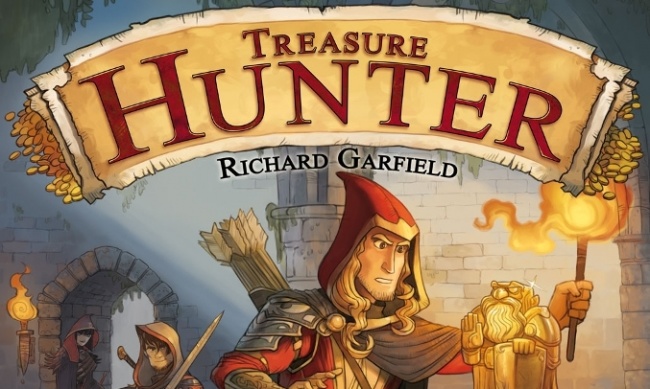
ICv2 Stars: 3.5 (out of 5)
Posted by William Niebling on December 3, 2015 @ 3:47 am CT
MORE GAMES
Players Can Match Symbols Inspired by the Hit Animated Series
July 9, 2025
Asmodee will release Spot It! Bluey (Eco Blister) , a new version of the hit matching game by Zygomatic, into retail.
WotC Takes a Page Out of 'Topps Now's' Parallels Playbook for DTC Card Sets
July 9, 2025
Wizards of the Coast unveiled bonus cards for the upcoming Secret Lair X Sonic the Hedgehog drop sets.
MORE REVIEWS
ICv2 Stars: 3.5 (out of 5)
June 20, 2025
Check out the review of Disney Lorcana TCG: Illumineer's Quest - Palace Heist, from Ravensburger.
ICv2 Stars: 3 (out of 5)
May 16, 2025
Here's a review of the board game The Architects of Amytis.



